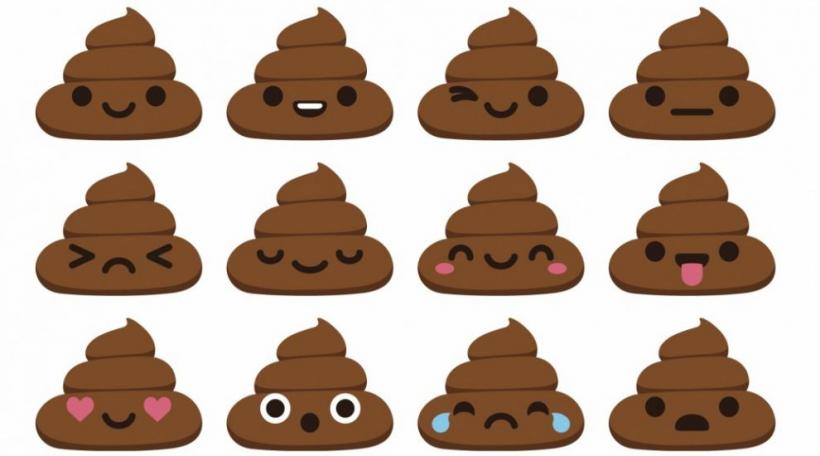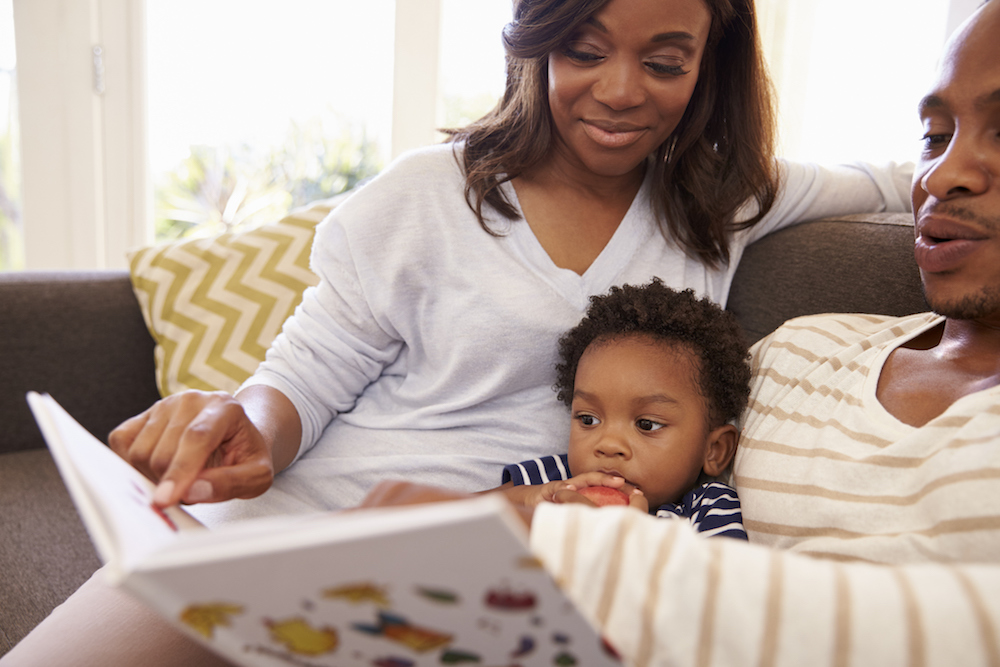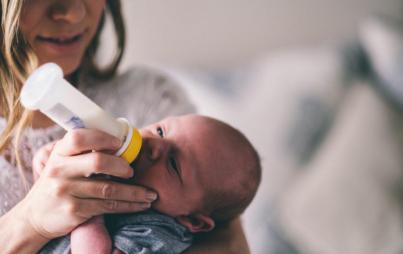
Yep. It's a poop emoji.
Today in, News You Didn't Know You Needed: Baby poop.
More specifically, the microbiomes IN poop. What are microbiomes? I'm glad you asked (I was going to tell you anyway)!
First you need to know what a microbe is.
A microbe, or “microscopic organism,” is a living thing that is too small to be seen with the naked eye. We need to use a microscope to see them.
The term is very general. It is used to describe many different types of life forms, with dramatically different sizes and characteristics:
The human body is home to microbes from all of these categories. Microscopic plants are also considered microbes, though they don’t generally live on or in the human body.
A microbiome? Little groups of microbes. There are microbes everywhere in our body — digestive tract, eyeball, skin, you name it.
And what does that have to do with baby poop?
A new study, published in Biological Psychiatry, investigates the connection between the microbomes in poop, and cognitive ability.
Related: Everybody Poops!: Why We Shouldn’t Poop Shame
That is a real thing.

Scientists studied the poop of 89 one-year-olds. (That is a lot of poo.) The samples were organized into three different groups: one with high levels of the Bacteroides genus, one with high levels of the Faecalibacterium genus, and one with high levels of an as-of-yet unnamed genus in the family Ruminococcacaea.
A year later they gave the babies a simple congitive test using the Mullen Scales of Early Learning, a range of tests that probe motor skills, the ability to perceive things, and crude language development.
What did they find?
Babies in the Bacteroides cluster scored higher on the Mullen Scales tests than those in the other two groups.
Babies in the Faecalibacterium genus scored lowest.
Coordinating author Rebecca Knickmeyer, associate professor of psychiatry at UNC’s School of Medicine, said in a statement. “We had originally predicted that children with highly diverse microbiomes would perform better. Other studies have shown that low diversity in infancy is associated with negative health outcomes, including type 1 diabetes and asthma.”
With this data, we can be alert to the possible presence of the two aforementioned illnesses. That's pretty much it.
Unless you really want to know how smart your baby will be. The proof is in the poop.








